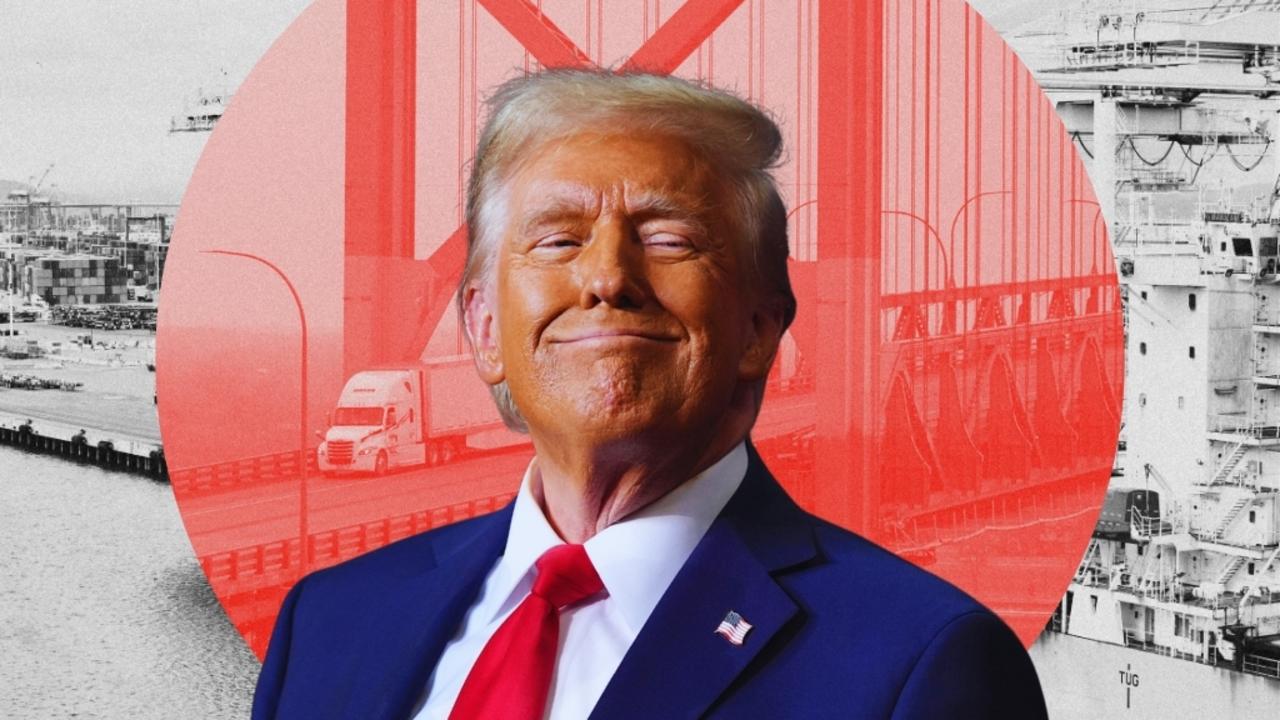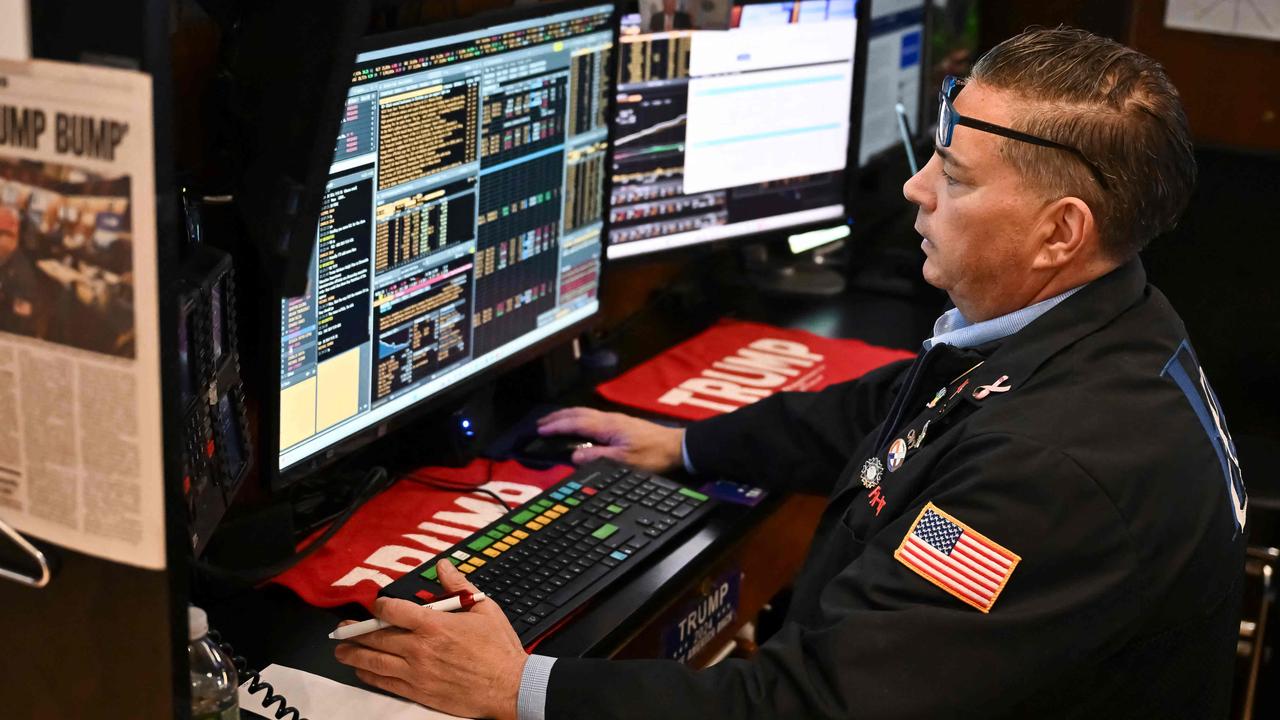
Australia’s management of an assertive China has just got more difficult – the consequence of Russia’s aggression against Ukraine and the alignment of Vladimir Putin and Xi Jinping in a compact that threatens liberal democracies and increases the risks of military interventions.
The Putin-Xi meeting early last month and its extraordinary 5000-word statement that there are “no limits” to Beijing-Moscow relations heralds an ominous shift in China’s foreign policy and a deepening of competing interests between Australia and China. The Xi-Putin compact highlights the two autocracies have greater shared goals than for many decades, their unity as revisionist powers fiercely determined to bring down the current world order as shaped by the US and their need for mutual support as their aggressive tactics alienate other nations.
Putin’s war complicates and weakens the US strategic position. It means President Joe Biden, burdened by traumatic domestic divisions, must give attention to supporting Ukraine, buttressing NATO in case the war expands, spearheading unprecedented sanctions against Russia while forever aware that the main challenge remains China and ensuring Beijing cannot seize the advantage in the Indo-Pacific.
The Putin-Xi declaration, coming just three weeks before Putin’s attack, is a partnership of convenience, not faith. It is anchored in mutual agreement on great power competition against the US, its NATO allies and its Indo-Pacific allies. The statement directly attacked the AUKUS nuclear-powered submarine agreement, the brainchild of Scott Morrison.
Putin and Xi seek a revolutionary change in the world based on their views of what democracy and human rights mean – with all the perverted implications of their compact. They said, “There are no forbidden areas of co-operation” and agreed the time was ripe for a “transformation of global governance architecture and the world order”.
It is highly pertinent that both the Prime Minister and opposition foreign affairs spokeswoman Penny Wong have singled out China for criticism over the Ukraine war. Putin has launched the most unprovoked invasion of a European country since World War II in a violation of territorial integrity and international law, and China in its tortuous doublespeak calls for restraint while excusing Russia and pretending its war can be justified. Beijing will seek to minimise the damage from its closer alignment with Russia but it will pay a price. The entire world knows the nation with greatest leverage on Putin is China. To this stage there is no sign of China using its leverage for restraint. There is no evidence Xi gave the invasion prior approval – yet we do not know. Reports suggest Beijing was surprised by Putin’s move.
Does anybody doubt Putin felt greater confidence in moving against Ukraine after last month’s formal agreement? That agreement did not mention Ukraine but it was sealed with Xi aware, at the minimum, that military resort was an option.
Imagine the significance if Xi, even indirectly, offered a green light to Putin. Putin as junior partner is going to make Xi’s strategic complicity an agonising event. What do the Chinese think of Putin putting his nuclear forces on alert? How will China react to indiscriminate Russian slaughter of Ukrainian civilians fighting for their territorial integrity, a principle China has enshrined for decades in its foreign policy? By aligning with Putin on the eve of his war – then excusing it – Xi will encourage beliefs that China seeks not just a transformation of the world order against the US but is prepared to accept violence in its pursuit.
This reminds of an axiom of history – great powers usually establish their greatness by violence. And there is another axiom, relevant to Russia: great powers in decline resort to violence to mask that decline.
China offered a tokenistic abstention in the UN Security Council to the resolution that condemned Russia’s invasion, with Russia’s ambassador thanking the three nations that abstained – China, India and the United Arab Emirates – before Russia vetoed the resolution. China’s ambassador said Russia had “legitimate security aspirations” that must be “addressed properly”. While China did not formally support Russia, it declined to criticise Russia.
On this point there is a persuasive historical case that NATO expansion to Russia’s border a generation ago – a move opposed by luminaries such as George Kennan, Owen Harries and Paul Keating – was a mistake. It is also true, however, that NATO constitutes no threat to Russia today. Xi has gone a long way with Putin. He changed China’s decades-old policy to support Russia’s position on NATO. China, as Morrison said, eased restrictions on Russian wheat into China, offering a life raft when the global debate was about sanctions.
Sanctions will pose a decisive test for China because the US-European sanctions regime looks lethal, not just blocking some Russian banks from the SWIFT transactions system but, crucially, action against Russia’s central bank to ensure it cannot access its overseas reserves, which means it cannot defend its currency against massive selling thereby threatening escalating inflation and a financial crisis.
Putin will expect support from China and if the Putin-Xi declaration remains viable he will get some support. But that poses many risks for China. Will its banks support Russia? Will it undermine the sanctions regime? Will it further brand itself as an irresponsible state that puts a premium on coercion and tolerates violence from its ally?
Morrison, having warned for three years about a more dangerous world, was justified in calling out China’s stance saying it was concerning that Asia’s largest country was suggesting a “security pretext” for Russia’s invasion. If China wants to fabricate excuses for war, it should be called out.
Speaking on the ABC’s Insiders, Wong said China as a “global leader” and permanent member of the Security Council had a “special responsibility” to defend the principle of territorial integrity and “it has not done so”. She said China’s stance was inconsistent with its position over decades and, given the Putin-Xi statement, China was in a “unique position” to influence Russia.
The Ukraine war is not a one-off aberration. This is a global struggle now under way about power and values – that’s what Putin and Xi are saying. This is not a military alliance, but that may yet emerge. What does exist is a China-Russia agreement to weaken US leadership, its alliances, and to exploit the vulnerabilities of the democracies.
The Putin-Xi statement reveals a confidence in the autocracies for this struggle: they believe they are ready for sacrifice, more ruthless and more prepared to take risks for their cause. They have imbibed the elixir of Western decline and seem drunk on it. Russian and Chinese foreign policy, remember, is driven by the sinister ideology of these regimes at home.
Ukraine may yet become a rallying point for a sea change in Europe and the US, a recognition that a new struggle is under way that will require more vigilance, resolution, Western unity and a change of cultural sentiment in public life.
We shall see.






